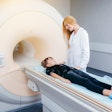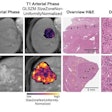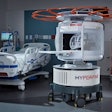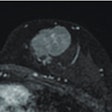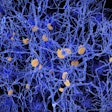A new study published online January 29 in Molecular Psychiatry used functional MRI (fMRI) to evaluate whether doctors feel their patients' pain and experience their relief following treatment.
Researchers from Massachusetts General Hospital (MGH) and the Program in Placebo Studies and the Therapeutic Encounter (PiPS) at Beth Israel Deaconess Medical Center/Harvard Medical School evaluated 18 physicians who underwent brain scans while believing that they were treating patients.
Lead study author Karin Jensen, PhD, an investigator in the department of psychiatry at MGH and member of PiPS, said physicians who reported a greater ability to share the patient's perspective, or empathize with the patient's feelings, experienced greater satisfaction during treatments, as reflected in their fMRI scans.
In the experiment, two 25-year-old women acted in the role of patients and followed a rehearsed script. The physicians were to administer pain relief with what they thought was a pain-relieving electronic device; however, the device was actually inactive.
First, each physician was asked to perform a standardized 20-minute clinical examination on one of the supposed patients to establish rapport. The physician also answered a questionnaire to measure the participant's self-reported perspective-taking skills.
Inside the scanner room, the doctor went inside the MRI, and the patient was seated in a nearby chair, while hooked up to both a thermal pain simulator and the pain-relieving device. Mirrors in the scanner allowed the physician to maintain eye contact with the patient. The researchers then measured the physicians' brain activation while they were instructed to either treat the patient's pain or provide no relief -- with the actresses exhibiting painful or calm facial expressions accordingly.
While treating patients, the right ventrolateral prefrontal cortex region of the brain was activated, the researchers found. In addition, the physicians' ability to take the patients' viewpoints correlated to brain activations and subjective ratings; physicians who reported high perspective-taking skills were more likely to show activation in the rostral anterior cingulate cortex, which is associated with reward.

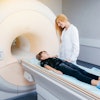
.fFmgij6Hin.png?auto=compress%2Cformat&fit=crop&h=100&q=70&w=100)


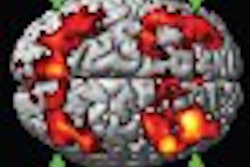
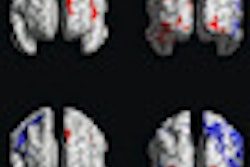

.fFmgij6Hin.png?auto=compress%2Cformat&fit=crop&h=167&q=70&w=250)
